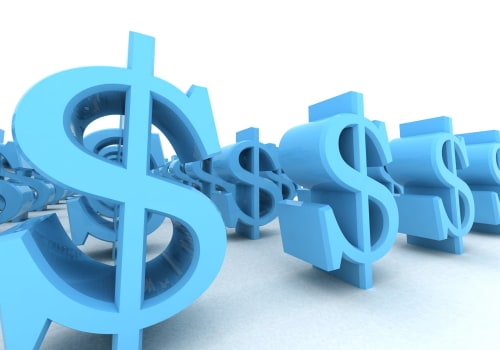Payday loans are a type of short-term loan that provide high-interest credit based on your income. They are also known as cash advance loans or check advance loans. When you take out a payday loan, you will receive cash or a check, or have the money deposited into your bank account. You will then have to repay the loan in full plus the finance charge before its due date, which is usually within 14 days or before your next paycheck.
Defaulting on a payday loan can result in bank overdraft fees, collection calls, damage to your credit score, a day in court, and a garnishment of your paycheck. Payday loans are unsecured personal loans that charge borrowers high interest rates for immediate short credit. They do not require any collateral. Payday lenders usually do not perform a credit check, so if the lender isn't interested in your credit history, this could be a sign that you're dealing with a payday lender. These small, high-cost loans typically charge triple-digit annual percentage rates (APR), and payments are usually due within two weeks or close to your next payday. The Military Lending Act (MLA) provides expanded protections for military personnel and their families.
This includes a 36% Military Annual Percentage Rate (MAPR) cap for a wider range of credit products, including payday loans, vehicle title loans, application for repayment loans, deposit advance loans, installment loans and open lines of credit without guarantee. When obtaining a loan, you may be required to provide a post-dated check or authorization for an electronic debit from your account. Some lenders strongly recommend, or in some cases require consumers to return to the store when the loan must “redeem the check”. Payday loans can usually be obtained through a physical location or an online application process. You may think that a payday loan is the only solution to handling an emergency bill, or even to pay off another debt. However, the truth is that a payday loan will end up costing you more than the problem you are trying to solve.
In fact, the CFPB found that 20% of payday borrowers defaulted on their loans, and more than 80% of payday loans contracted by borrowers were extended or re-borrowed within 30 days. If your payday lender doesn't require a strict credit check and you can repay the full amount by the required date, a payday loan will usually not negatively affect your credit. But if you default on the loan, it can be filed once it is passed to the collectors after the lender sells the debts. If you are considering taking out a payday loan, it is important to understand all of your options first. Check NerdWallet's database of local alternatives to payday loans to see what's available in your state. In the long term, you can also work to fix the underlying financial issues that lead you to a payday loan counter.







Leave Message